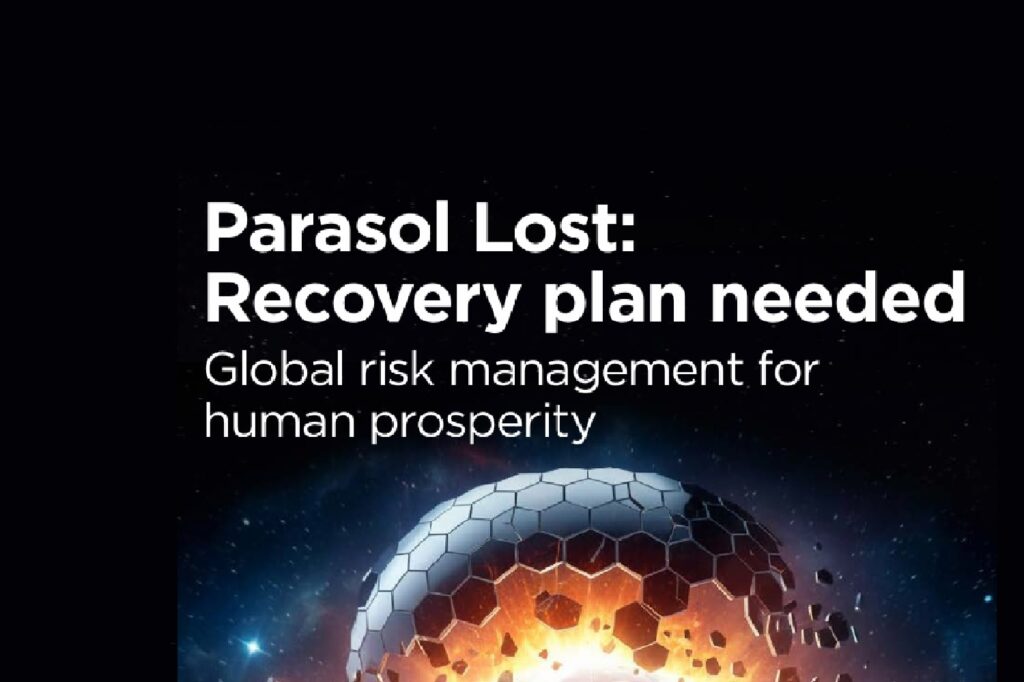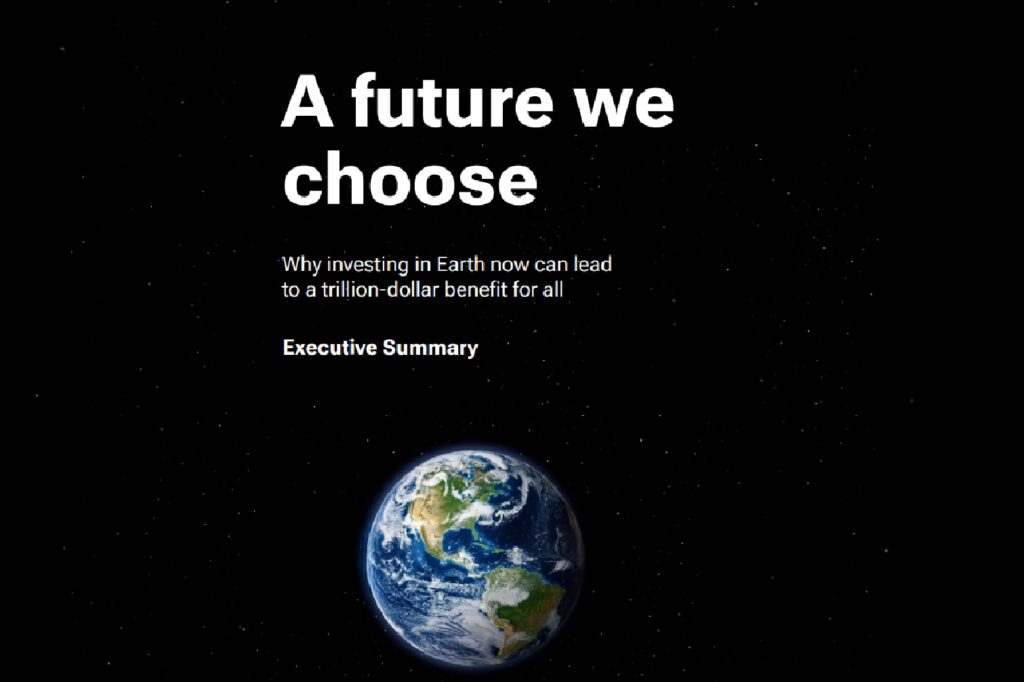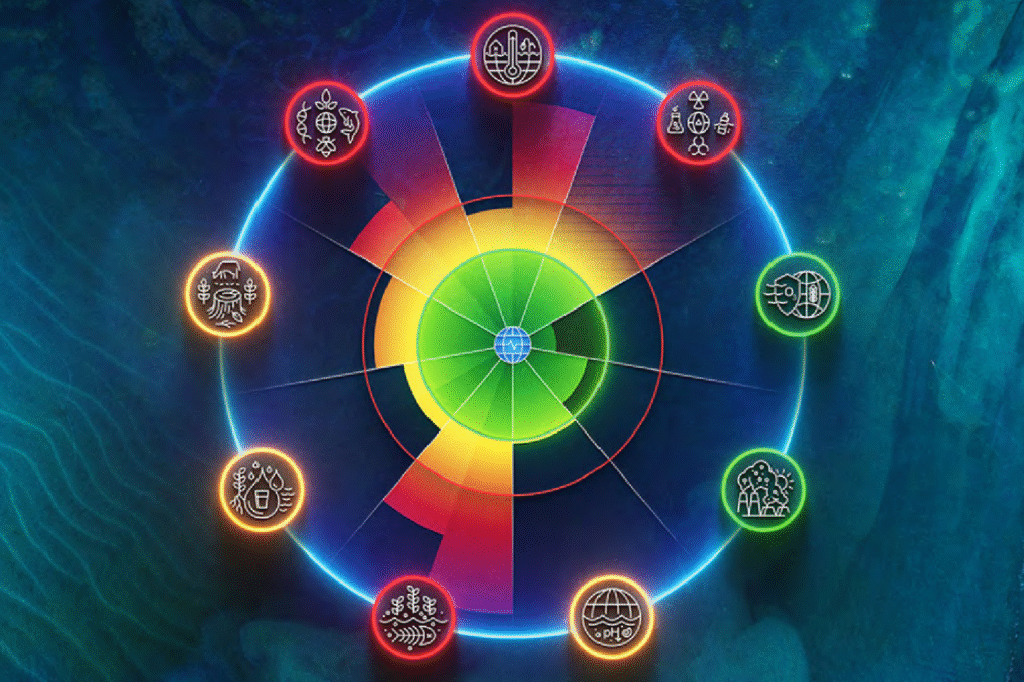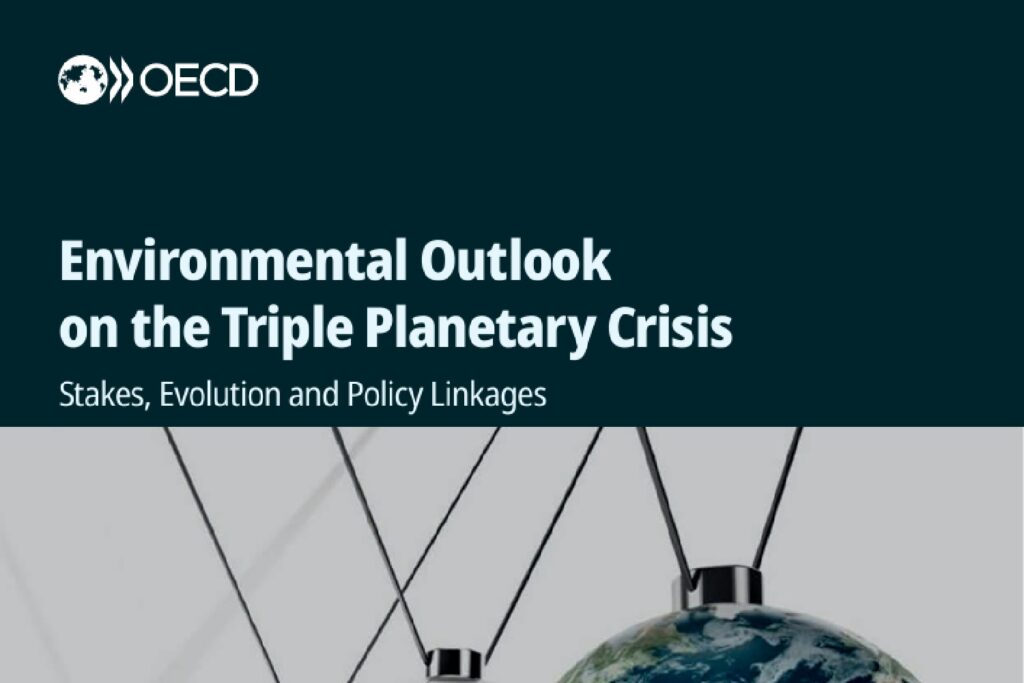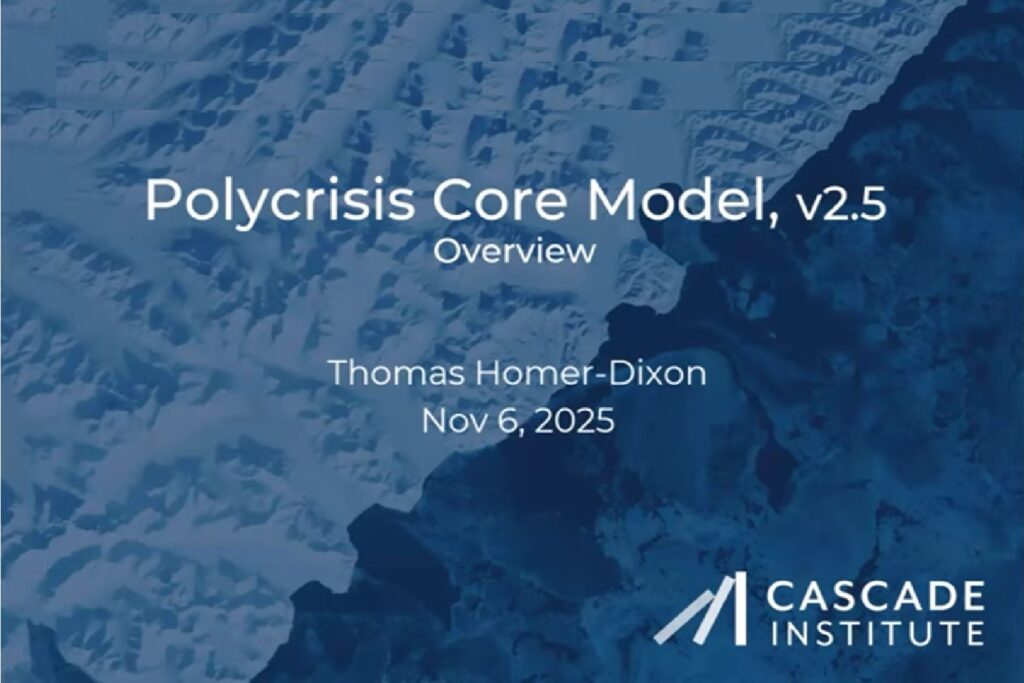What the Global Risks Report 2026 Really Says About the Urgency of Environmental Threats
This article highlights how environmental risks remain among the most severe global threats in the World Economic Forum’s Global Risks Report 2026, yet their perceived urgency has shifted across time horizons. While short-term concerns are increasingly dominated by geopolitical fragmentation and misinformation, this shift does not reflect an easing of environmental threats, which are now […]
What the Global Risks Report 2026 Really Says About the Urgency of Environmental Threats Read More »



